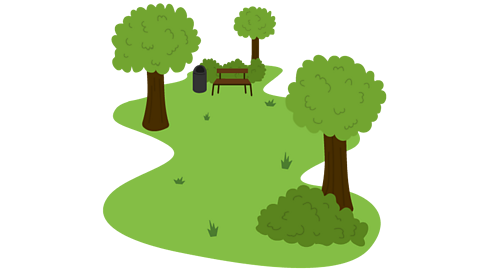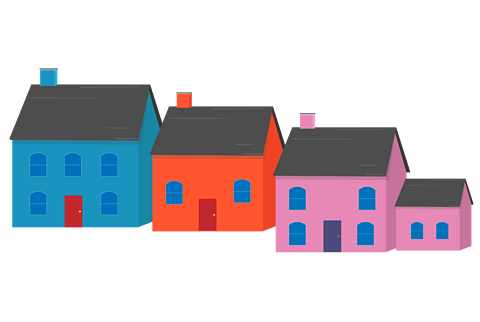When getting out and about it’s important to know the places around the town.
To describe where you are going you can use the verb Check your connection, refresh the page and try again..
This is an irregular verb, which means when talking in different tenses or about yourself it can look different.

To say ‘I go’ in Spanish using the verb Check your connection, refresh the page and try again. you say Check your connection, refresh the page and try again. (I go), for example:
Check your connection, refresh the page and try again. - I am going home
Check your connection, refresh the page and try again. - I am going to school
Check your connection, refresh the page and try again. - I am going to the cinema

Here are some of the places you may find familiar in your town:
| Spanish | English |
|---|---|
| Check your connection, refresh the page and try again. | home |
| Check your connection, refresh the page and try again. | the school |
| Check your connection, refresh the page and try again. | the shops |
| Check your connection, refresh the page and try again. | the cinema |
| Check your connection, refresh the page and try again. | the park |
| Check your connection, refresh the page and try again. | the cafe |

Did you know?
You might have noticed some of the sentences above either have 'al' or 'a la'.
You use 'al' for masculine nouns such as Check your connection, refresh the page and try again. and Check your connection, refresh the page and try again.. It means 'to the'.
You use 'a la' for feminine nouns like Check your connection, refresh the page and try again. and Check your connection, refresh the page and try again.. It also means 'to the'.

Transport
As well as knowing some of the places around the town, you can also describe how you get there:
| Spanish | English |
|---|---|
| Check your connection, refresh the page and try again. | by car |
| Check your connection, refresh the page and try again. | by bus |
| Check your connection, refresh the page and try again. | by train |
| Check your connection, refresh the page and try again. | by foot |
The ‘v’ sound
In Spanish, the ‘v’ sound is pronounced exactly the same as a ‘b’ sound only softer:
Check your connection, refresh the page and try again. - I go
Check your connection, refresh the page and try again. - holiday
Practise
Now try putting some of the vocabulary together to make sentences like this:
Check your connection, refresh the page and try again. - I go to school by train
Check your connection, refresh the page and try again. - I go to the shops by car
Bitesize Primary games. game
Play fun and educational primary games in science, maths, English, history, geography, art, computing and modern languages.

More on Topics
Find out more by working through a topic
- count7 of 8

- count8 of 8

- count1 of 8

- count2 of 8
